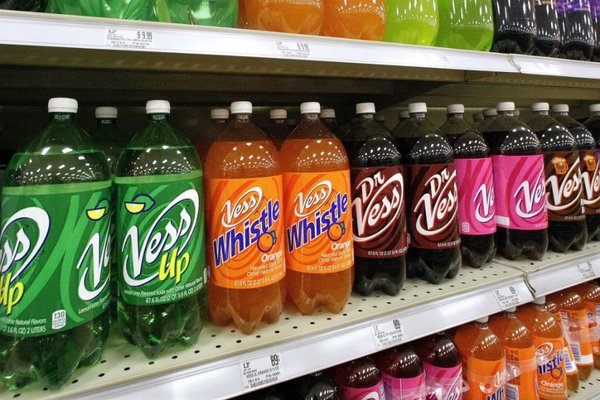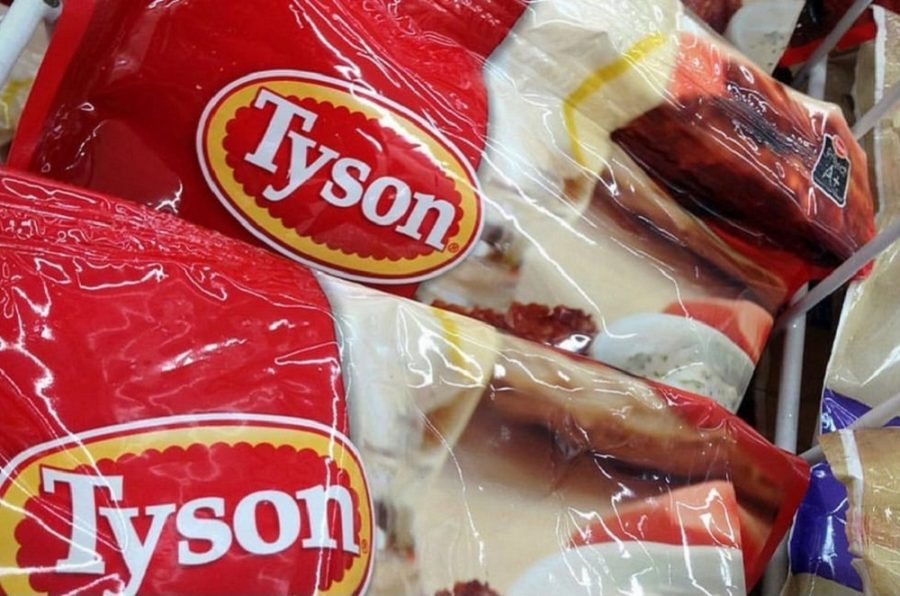Obesity crisis is now a worldwide phenomenon. But, not many countries have figured out a way to curb it. After Chile became the first high-income country to introduce a strict obesity policy of putting warnings labels on junk food that have high levels of sodium, fat and sugar, Canada now wants to do the same.
However, the policy may not be so easy to implement in the U.S. where food companies are using NAFTA to resist obesity prevention efforts that could have a negative impact on their profits.

As the obesity rate in Canada climbs up to 26 per cent, the government has decided to implement new food labeling policies to tackle the problem
Chile’s New Food Labeling Policy
Obesity is now the second-leading cause of deaths in America and is quickly spreading to the rest of the world. That is why, the growing question among the health community is ‘How do we deal with it?’ Health experts in Chile are now revolutionizing food labels as part of their new and unusual nutrition experiment to curb the growing obesity levels in the country.
Instead of hiding the nutritional value of processed foods on the back of the packaging, crammed together in small fonts, the Chilean government has ordered junk food companies to put unhealthy ingredients such as salt, sugar, and fat content on the front of the packaging in large fonts accompanied by warning symbols.
Another country that is taking a leaf out of Chile’s playbook is Canada where almost 26 per cent of the adults are obese. Mexican government is also taking notice of the growing obesity epidemic and calling public health emergency to find a way to tackle the looming health crisis. It may also follow Chile’s lead and force companies to print food nutrition labels on the front of the packaging with clear warning signs that indicate that the product is not healthy for consumption.
U.S. Trade Representatives Resist Anti-Obesity Efforts
Meanwhile in America, where the obesity problem is the worst it has ever been, may never implement Chile’s new labeling policy thanks to the greedy trade representatives who are willing to sacrifice public health for their own profits. Recently-leaked documents published on Vox revealed that trade representatives in North America are fighting tooth and nail to override Chile’s new labeling policies that could soon be adopted in Canada and Mexico – and even in the U.S. if NAFTA doesn’t intervene.

Chile’s new labeling policies allow consumers to clearly see the nutritional value of a food through stop-sign symbols on the front of the packaging
Food companies in the U.S. are arguing that putting stop-sign symbols on the front of food packaging that don’t contain alcohol or other harmful ingredients, may become a dangerous practice since it could inaptly indicate that consuming the food may be a hazard to health.
But even though trade representatives are doing everything in their power to prevent the adoption of the new labeling policy, dietitians and public health workers are all in favor of making the public more aware of what they’re putting inside their bodies.
Ultra-processed Foods in the American Diet

A study published by BMJ revealed a shocking detail about the modern American diet: almost 60 per cent of the calories consumed by people came from ultra-processed foods like sodas, junk food, baked goods, candies and ready-to-eat meals from the frozen section of the supermarkets.
We aren’t strangers to the fact that processed foods are bad for health and causes diabetes and other cardiovascular diseases – but despite knowing this, consumers still fail to make healthier food choices because of the way fast food companies market their products to the masses.
The unhealthy American diet which had led millions down the path of obesity and diabetes, is now being exported around the world and presented to international consumers as a new and exciting phenomenon, when in reality, it is nothing but a recipe for disaster.
One moot point raised by food companies was that implementing the new labeling policy will have large costs associated with it but the argument was considered weak by health experts who believe that if Chile can do it, so can the U.S.
Trade representatives argued that Chile’s new policy is an example of protectionism, to discourage people from buying goods imported from other countries but the U.S. does not want to go down the same path. The World Trade Organization responded by saying that all countries have the duty to put public health before an industry’s interest, even if it comes at the cost of lower GDP.










